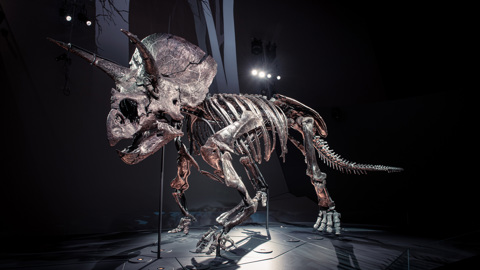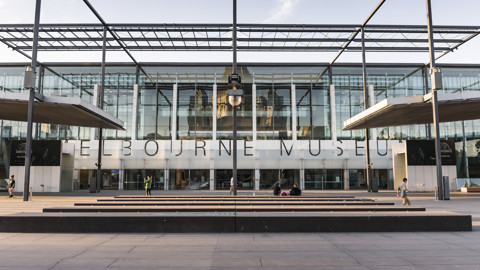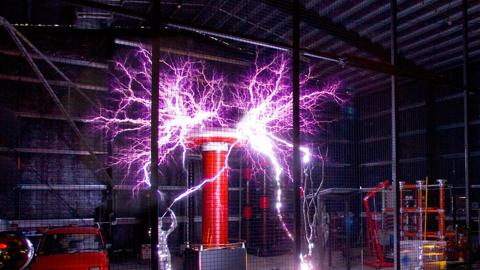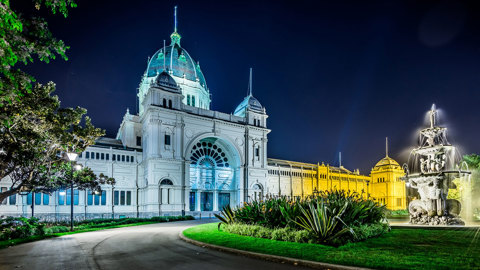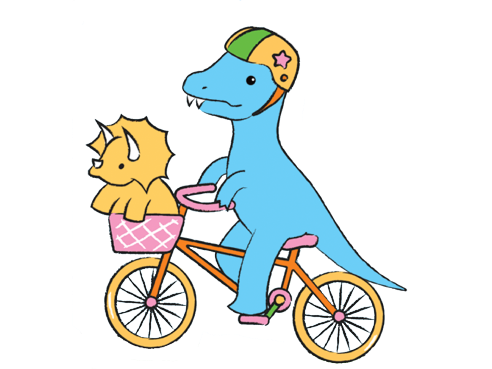
Hidden Histories
See a different perspective of south-eastern Australia’s colonial history.
Students visit Bunjilaka Aboriginal Cultural Centre and listen to the voices of First Peoples to gain a better understanding of the continuing fight for rights and freedoms.
Students will experience
- The Bunjilaka Aboriginal Cultural Centre using a self-guided booklet designed to encourage deep listening and collaboration.
- Cultural belongings and their accompanying stories.
- Different historical perspectives of events in Australian history.
- Extensive primary sources through both physical and multimedia modes
- First Peoples’ voices.
Students will learn
- The importance of place and Culture to First Peoples.
- The ongoing impacts of colonisation on the lives of First Peoples.
- The diversity of First Peoples across Australia and southeastern Victoria.
Students will be provided
- With a booklet to guide their journey through the exhibition. Use this booklet back in the classroom to extend learning and reflect on the visit
- Teachers should follow the journey on the map included in the booklet
- Students will NOT require any pens or pencils. No writing implements are permitted in Bunjilaka Aboriginal Cultural Centre.
Students will need
- Before visiting Bunjilaka, students should watch the Bunjilaka Introduction video.
Other key information
- To extend your learning, teachers and students may want to watch the videos on the Bunjilaka website. In particular, First Peoples Creation Cinema and Representing diversity.
Additional learning activities
- Using the Bunjilaka Introduction video, discuss the meaning of Wominjeka and the significance of Bunjil and Waa to the people of the Kulin nations
- As a class, discuss your purpose of visiting Bunjilaka Aboriginal Cultural centre and make a ‘know, want to know, learnt’ chart. Reflect on this after your visit.
- Research the ‘Frontier Wars’ in south-east Australia and the impact this has and continues to have on First Peoples. Watch Black Day, Sun Rises, Blood Runs: Stories of colonial violence in Victoria to support learning.
- Research the terms ‘Treaty’ and ‘Tanderrum’ and discuss the differences in their meaning.
Related links
Availability
Terms 1–4, Monday to Friday
Duration: 30 minutes
Student information
Years 9 to 10
Maximum 30 students
Bookings
$8 per student + education service fee
Call 13 11 02 or submit an online booking request
Exhibition
Self-guided exhibition visit with provided activity
Victorian Curriculum Links
History: Level 9 and 10
Investigation: Australia (1750–1914)
- Aboriginal and Torres Strait Islander Peoples’ knowledge and understandings that shaped the relationship between Country and Place, communities and cultural practices during the 18th and early 19th centuries (VC2HH10K07)
- significant events, ideas, people, groups and movements that contributed to continuity and change in Australian society between 1750 and 1914 (VC2HH10K09)
- interpretations and debates about Australian history between 1750 and 1914, including the Frontier Wars or Australia as social laboratory (VC2HH10K12)
Investigation: Aboriginal and Torres Strait Islander Peoples' rights and freedoms (1938–present)
- Aboriginal and Torres Strait Islander Peoples’ experiences and perspectives of colonisation and resistance between 1788 and 1938 VC2HH10K30
Historical questions
- formulate, refine and use historical questions to inform historical investigations (VC2HH10S01)
Using historical sources
- evaluate historical interpretations and debates (VC2HH10S06)
Causes and consequences
- analyse short- and long-term causes and the intended and unintended consequences of significant events, individuals, ideas and developments and their contributions to continuity and change (VC2HH10S08)
Communicating
- construct sustained historical interpretations and arguments using appropriate historical concepts, terms, knowledge, conventions and evaluated evidence from a range of historical sources (VC2HH10S10)
Aboriginal and Torres Strait Islander Histories and Cultures
Country and Place
- Aboriginal and Torres Strait Islander communities of Australia maintain a deep connection to, and responsibility for, Country and Place and have holistic values and belief systems that are connected to the land, sea, sky and waterways. (VC2CCPACP1)
- The occupation and colonisation of the land now known as Australia by the British, under the now overturned doctrine of terra nullius, were experienced by Aboriginal and Torres Strait Islander Peoples as an invasion that denied their occupancy of, and connection to, Country and Place. (VC2CCPACP2)
- Aboriginal and Torres Strait Islander Peoples are the Traditional Owners of Country and Place, protected in Australian law by the Native Title Act 1993, which recognises pre-existing sovereignty, continuing systems of law and customs, and connection to Country and Place. (VC2CCPACP3)
Accessibility
Please view our accessibility page for general information. Contact our team on 13 11 02 or email us at [email protected] to discuss how we can support your visit.
Museums Victoria Learning Access Fund
The Museums Victoria Learning Access Fund aims to enhance access to our museums (Melbourne Museum, Scienceworks and Immigration Museum), programs and events by offering free or subsidised education programs for eligible schools. Find out more about the fund.

Sign-up to Museum Teachers
Subscribe and get special offers, teacher news and free entry to all museums.



